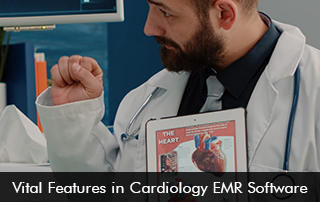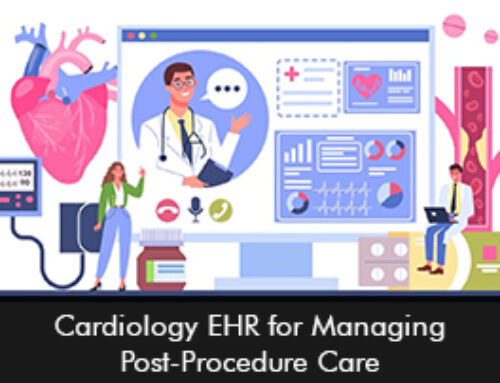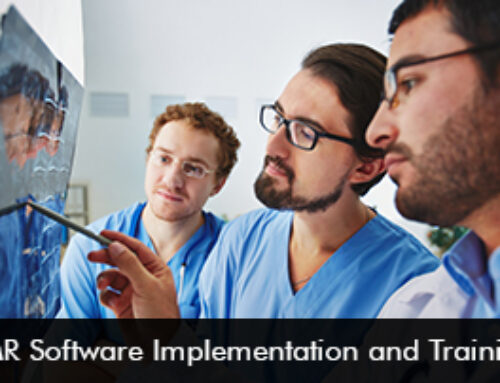Cardiology is a critical and intense medical field that requires spot-on analysis of data from different sources such as lab tests, cardiac imaging, and physical examination. To assist cardiology practices and cardiologists, Cardiology EMR Software can be deployed to streamline workflows, enhance patient care, and improve the management of cardiology patient information.
What is a Cardiology EHR Software?
A customized digital system called Cardiology Electronic Medical Record software is created to organize and retain patient data primarily linked to cardiology care. The software is designed to meet the unique needs of cardiology practices. It has features and tools empower providers to optimize patient care and efficiency levels.
Benefits of Utilizing a Cardiology Electronic Health Records Solution
Using cardiology EMR software has many advantages for cardiology clinics, healthcare providers, and patients. Here are some significant benefits:
- Efficient patient data management
- Enhanced patient care
- Better-informed clinical decisions
- Facilitates care collaboration between providers
- Time and cost savings
- Quick access to test results
- In-built cardiology-specific templates simplify documentation
- Accurate medication management
- Improved patient engagement with the patient portal platform
- Makes way for the secure exchange of patient information due to interoperability options
Essential Features in Modern Cardiology EMR Software
Due to the invaluable insights of cardiologists, a top-ranked cardiology EHR should offer the following set of tools to simplify administrative responsibilities and achieve greater health outcomes:
Specialty Specific Templates
Cardiology software has built-in templates tailored for cardiology. These include ICDs, cardiology SOAP notes, pacemaker visits, and hypertension. This can help cardiologists record particular information pertinent to their practice and streamline documentation.
Diagnostic Tools Integration
The robust technology solution frequently integrates with various diagnostic devices and machines, allowing for the direct input of test results such as electrocardiograms (ECGs), imaging studies, and other data.
Cardiovascular Patient Information
Cardiologists can use cardiology EHRs to record and preserve detailed patient information such as medical history, medications, allergies, diagnostic test results (such as EKGs, echocardiograms, and stress tests), and treatment plans.
Cardiology Dashboard
The cardiology dashboard feature of the EMR Software helps physicians view patient charts, profiles, and data related to scheduling and billing in one place. This saves time as the healthcare provider doesn’t have to switch between screens to view different patient information.
Billing and Coding
Cardiology EHR Software can be integrated with billing and coding systems, making it easier to generate correct bills and ensure proper reimbursement coding.
Remote Access and Telemedicine Capabilities
Modern EMR systems have remote access and telehealth features that allow cardiologists to access patient records and even conduct virtual consultations when necessary. This can improve access to care and provide the flexibility to practice on the go.
Importance of Usability and User Experience
Cardiology EHR Software vendors are focusing more on enhancing their systems’ usability and user experience. To use the software effectively, healthcare providers need intuitive interfaces and effective workflows. A clunky user interface will only add to the provider’s burden and can even impede the patient care process.
Moving Ahead
A Cardiology EHR is thus developed with customized features, reports, and templates to meet specific needs and allow simple access to patient history, treatment, test results, and other information to offer high-quality patient care.







